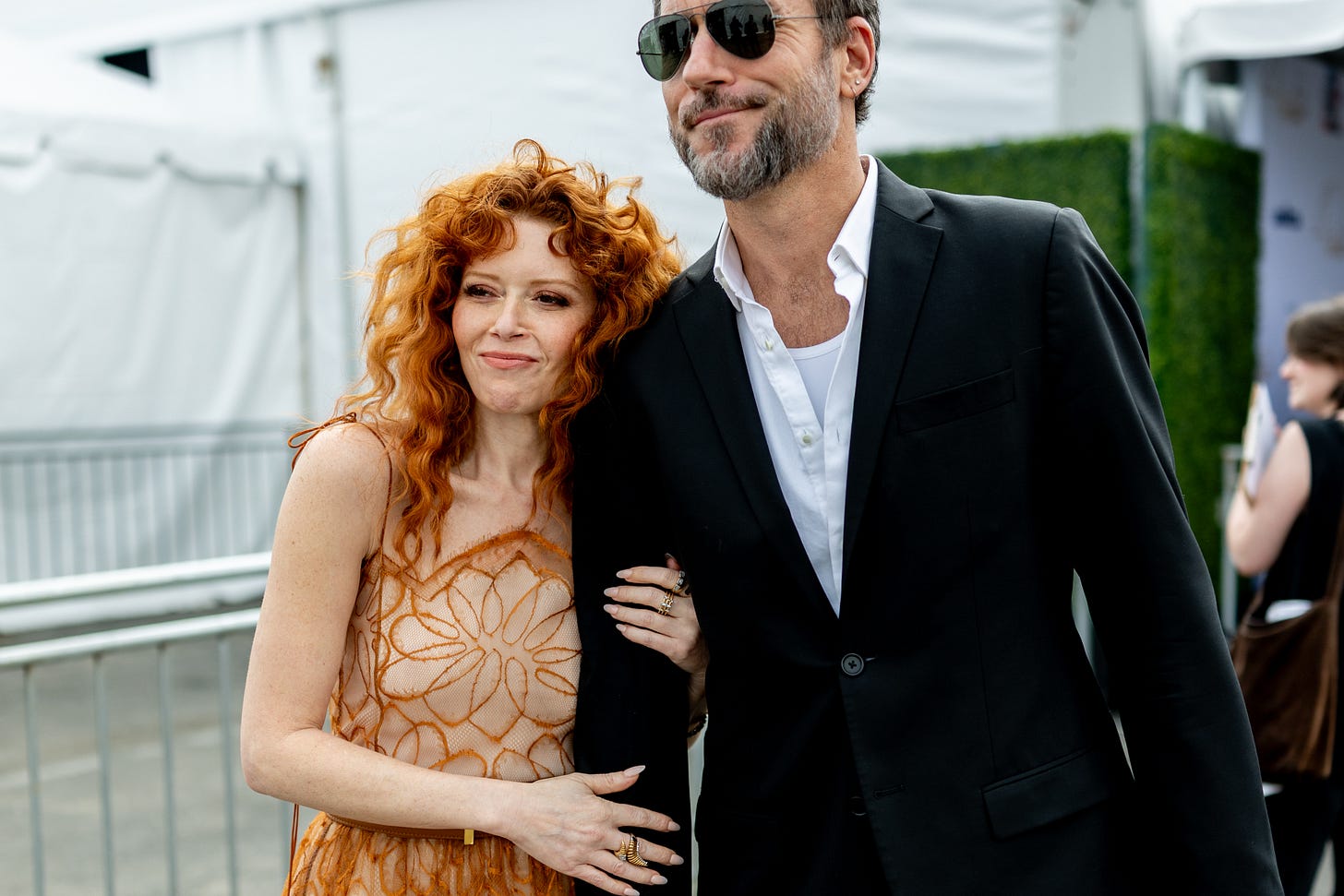Hollywood Sees OpenAI Turning its Back on the Movies
A Los Angeles dinner with executives from film production houses & AI startups reveals a tense but fluid dynamic
A couple of days after OpenAI’s release of the Sora video app last week I attended a dinner party in the hills above Los Feliz with executives from the tech and media industries, including people from Lionsgate, Blumhouse, Asteria, Stability AI, Luma AI and others.
The timing was fortuitous. Sora was on its way to number one on the App Store and the feeds on X, Instagram and TikTok were flooded with AI-generated clips. Many of them featured reconstructed likenesses of copyrighted Hollywood creations (Peter Griffin) and historical figures (Martin Luther King Jr.).
OpenAI had allowed those blasphemies to exist because of its initial policy requiring owners of the IP to “opt-out” of having their work appear in the app. OpenAI’s head of media partnerships Varun Shetty, who I’d interviewed earlier that day, poured salt in the wound by casting the move as a way of giving Sora users freedom of creative expression, while noting that everyone else was doing it too and OpenAI had to keep up.
To the assembled guests at the party it was, if not quite a declaration of war, a sign that OpenAI had given up on Hollywood.
“That’s an insane take to have. That’s a take you don’t say out loud,” Bryn Mooser, the founder of AI studio Asteria, told me a few days after the party. His company along with its parent Moonvalley has co-developed a video generation tool, Marey, that trains only on content it has permission to use.
Things were very different a year earlier with Sora. Back then, OpenAI was taking meetings around town and wooing studios to use its software. Not many did, though in fairness the technology still had a ways to go before it could be useful. But it was a collaborative approach.
This time around OpenAI hardly did any meetings, other than tersely informing the studios and rights holders of the opt-out policy the week before the release. Part of that was strategic: OpenAI desperately wanted to avoid Sora leaking and had barely offered most of its own employees access to the app before the launch.
On Friday we published Shetty’s remarks, which caused a bit of a stir. A few hours later Altman put up a blog post saying the company had changed its policy and was moving toward an opt-in. The Sora copyright free-for-all was over. But the damage, as far as OpenAI’s relationship with Hollywood is concerned, was done.
This week, the talent agency CAA put out a scathing statement saying it was “clear that OpenAI/Sora exposes our clients and their intellectual property to significant risk.”



